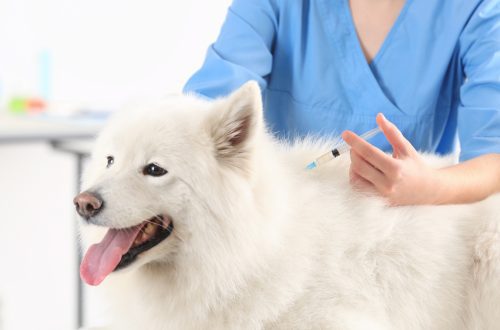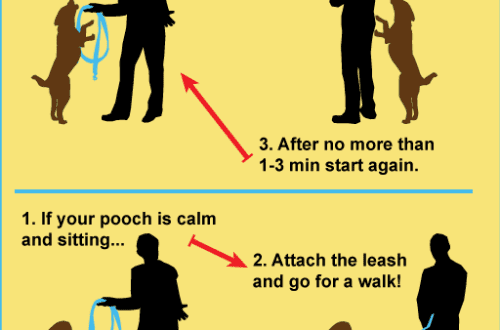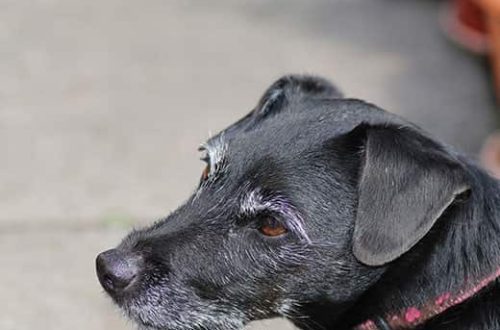
Dog Has a Dry Nose: When to Worry
You are used to the cool and wet dog nose pushing your hand in search of petting. But this time, when the pet pushes you, you notice that your dog’s nose is dry and warm to the touch. Does this mean the dog is sick?
Not always. A dog’s nose naturally changes from wet and cool to warm and dry several times a day. As a rule, a dog’s dry nose is a completely normal physiological phenomenon. But when should you be concerned?
And why does a dog have a wet nose anyway?
There are two reasons why a dog’s nose is most likely to be wet:
- A thin layer of mucus on a dog’s nose helps it pick up scents better. Dogs’ superior sense of smell is partly due to this layer, which helps absorb and retain odors. You can even see your dog licking his nose, which is the way to literally “taste” the smell, which gives him even more information about the world around him, according to Vetstreet.
- The nose is also one of the few organs in dogs that they can use to cool themselves. Dogs do not have as many sweat glands as their human owners. Instead, dogs “sweat” through their nose, tongue, and paw pads—that’s their thermoregulation system.
Dry Dog Nose: Should You Be Worried?
In most cases, a dog’s dry nose is nothing to worry about. Some dogs naturally have drier noses than others. A dry nose may simply indicate that the dog has just woken up after relaxing in the sun or next to the heater, or that your four-legged friend needs a drink of water due to a little thirst. But sometimes a dog’s dry nose can be the result of health problems such as:
Sunburn. If your dog has a dry, red nose or flaky nose, it may be a sunburn. Talk to your veterinarian about a special sunscreen lotion. Dogs with pale or pink noses are more prone to sunburn. Protecting their sensitive facial skin is important because repeated sunburn can lead to skin cancer.
Skin disease. If your dog’s nose is flaky, crusty, or sore, it may be a skin condition. An examination by a veterinarian will be required to confirm the diagnosis.
Severe dehydration. A dry nose is likely to be just one of many symptoms in a dog suffering from severe dehydration. Other symptoms are sunken eyes, dry gums, loss of firmness (turgor) of the skin, and weakness. Give your dog water immediately and seek help from a veterinarian if you suspect severe dehydration.
Discharge from the nose of a strange color. When examining a pet, pay attention to nasal discharge. If your dog has a runny nose (simple rhinitis), the mucus will most likely be clear. If she has foamy, thick, yellow, green, or even black discharge from her nose, contact your veterinarian.
Do dogs get colds too?
A runny nose can be caused by some health problem in a dog. Nasal discharge may indicate a serious problem, such as an upper respiratory tract infection. Usually a dog’s dry nose is not a cause for concern, but it can still be one of the subtle signs of an incipient disease. More often than not, if a dog’s dry nose is caused by an illness, you will see changes in your pet’s behavior such as lethargy, poor appetite, or vomiting, indicating a visit to the veterinarian is necessary. If the dog looks as alert as usual, there is no cause for concern, but it is worth keeping an eye on it just in case. Finding out the true cause of your pet’s dry nose will allow you to determine if the dog is healthy or if it’s a symptom you should be concerned about.





